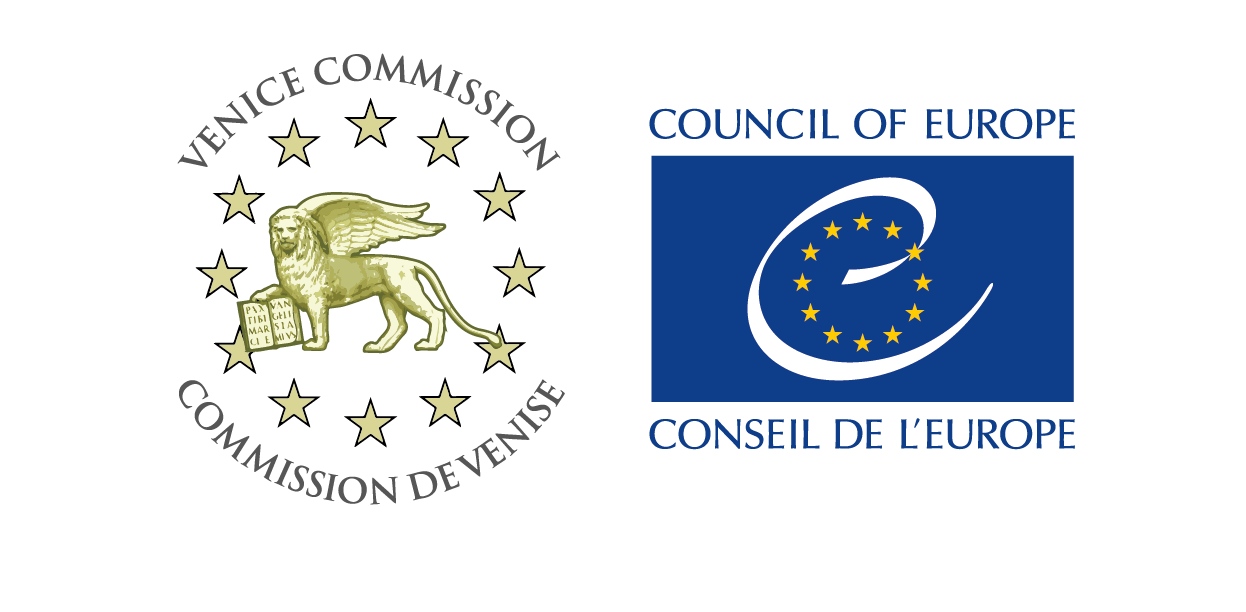

Venice Commission - Report on a rule of law and human rights compliant regulation of spyware
www.venice.coe.int
Disclaimer: this information was gathered by the Secretariat of the Venice Commission on the basis of contributions by the members of the Venice Commission, and complemented with information available from various open sources (academic articles, legal blogs, official information web-sites etc.).
Every effort was made to provide accurate and up-to-date information. For further details please visit our site : https://www.venice.coe.int/
1. Does your legal framework allow for the use of spyware as a tool of targeted surveillance either in criminal or intelligence investigations or is there an explicit prohibition on the use of spyware? If so, how does your domestic legal framework define spyware?
There is no explicit prohibition on the use of spyware. The penal procedural law (Strafprozessordnung = StPO) in force allows under certain circumstances surveillance of electronic communication (§§ 103 and 104 StPO) and obliges communication providers for data retention (§ 102a StPO). However all these rules do not permit the use of spyware.
2. Are there specific rules (covering notably the scope ratione materiae, temporis and personae) in place or do the general rules on targeted surveillance (interception of communications) apply (could you please provide us with such specific or general rules)?
As said obove the use of spyware is not allowed in Liechtenstein.
3. What kind of data, if any, could be collected with spyware?
/
4. Has there been any official evaluation of the need for, or added value of, spyware?
There is no official evaluation. It may play a role that in Liechtenstein no special secret service does exist.
5.Who authorises/approves measures of targeted surveillance in criminal and intelligence investigations (judiciary, executive, expert bodies, security services)?
Targeted surveillance (interception of communication) needs according to § 103 par 2 StPO the authorization of the investigating judge.
6. What are the national oversight mechanisms in place in your country for the activities of the security services (are they judicial, parliamentary, executive, or expert)? Do these bodies have (binding) remedial powers?
In Liechtenstein a secret service does not exist. Activities of the security services are subject of parliamentary scrutiny. Measures taken by the criminal investigation on behalf of the courts are subject to the judicial remedies. Other police
7. Does a post-surveillance notification mechanism exist? Are there any other remedies available for individual targeted by measures of targeted surveillance?
According to Art. 104 par. 2 StPO after the end of the surveillance, the investigating judge must inform the owner of the monitored communication system and the suspect (accused) of the fact of the surveillance. At the same time, the owner of the
 Liechtenstein
Liechtenstein
measures are subject to administrative appeal and a complaint before the administrative court. In all cases, the Constitutional Court decides on individual complaints regarding violations of fundamental rights against decisions of the court instances. From an administrative point of view, there is also the instrument of the supervisory complaint, although there is no subjective right to its handling.
Finally, there is the Association for Human Rights, which can help victims of human
rights violations in court and administrative proceedings.
communications equipment shall be given the opportunity to inspect the recordings, as shall the suspect (accused) other than the owner of the communications equipment, but only to the extent that the recordings could be of significance for the current criminal proceedings or for criminal proceedings to be initiated against him.
Art. 104 par 4 Stop provides that If the owner of the intercepted communications equipment considers himself aggrieved by the fact that the interception has been ordered, authorized or maintained or that the retention of a recording has been ordered,
he shall be entitled to lodge an appeal with the Superior Court within fourteen days of notification by the investigating judge. Against this decision an individual complaint to the Constitutional Court may be lodged.